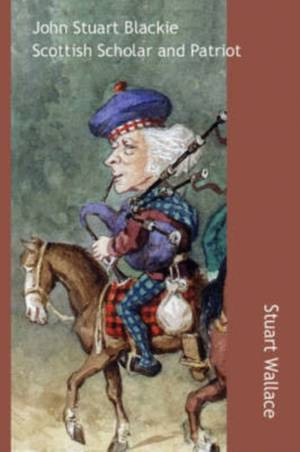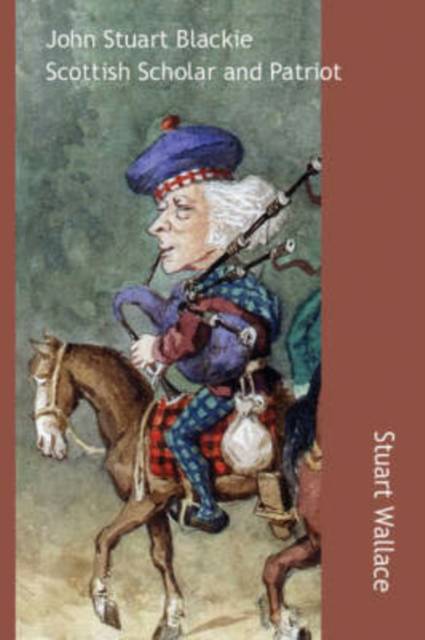
- Retrait gratuit dans votre magasin Club
- 7.000.000 titres dans notre catalogue
- Payer en toute sécurité
- Toujours un magasin près de chez vous
- Retrait gratuit dans votre magasin Club
- 7.000.0000 titres dans notre catalogue
- Payer en toute sécurité
- Toujours un magasin près de chez vous
281,95 €
+ 563 points
Description
John Stuart Blackie was one of the most impressive and influential figures of nineteenth-century Scotland, as well as one of the most striking and flamboyant. As an intellectual he translated Goethe's Faust and brought first-hand knowledge of German philosophy to Scotland as a means of keeping the Enlightenment tradition alive. As first Professor of Humanity at Aberdeen from 1839 to 1852 and then as Professor of Greek at Edinburgh until 1882, he played a, perhaps the, central role in modernising the Scottish university curriculum, removing the dead hand of theological orthodoxy, raising standards (and the entry age), introducing tutorial teaching and establishing new chairs (including the Edinburgh chair of Celtic). His role in the reform of secondary school teaching was equally central.But Blackie was also a great 'public man', corresponding with great and famous throughout Great Britain and Europe, from Goethe and Carlyle to Ruskin and Gladstone, and filling the pages of newspapers and journals with writings on the major issues of the day. For the last thirty years of his life he became closely involved in issues of Scottish nationalism and home rule, and as champion of the crofters is largely responsible for their contemporary survival and unique status.Despite the existence of a rich archive of his papers and letters, there has been only one book devoted to his life: The Life of Professor John Stuart Blackie, the most distinguished Scotsman of the day, edited by J. G. Duncan and published in 1895.
Spécifications
Parties prenantes
- Auteur(s) :
- Editeur:
Contenu
- Nombre de pages :
- 288
- Langue:
- Anglais
Caractéristiques
- EAN:
- 9780748611850
- Date de parution :
- 25-05-06
- Format:
- Livre relié
- Format numérique:
- Genaaid
- Dimensions :
- 163 mm x 236 mm
- Poids :
- 739 g

Les avis
Nous publions uniquement les avis qui respectent les conditions requises. Consultez nos conditions pour les avis.






